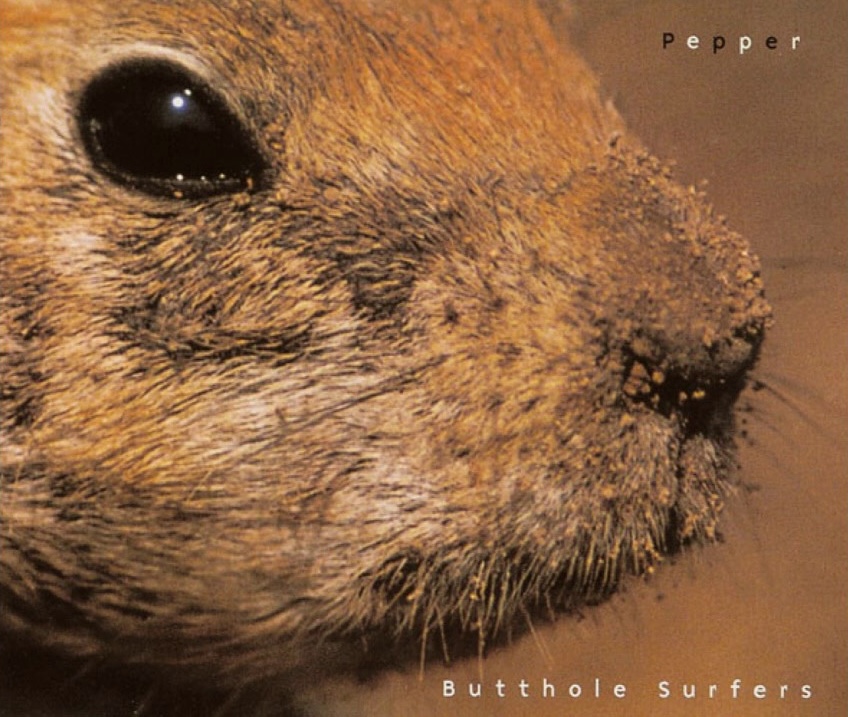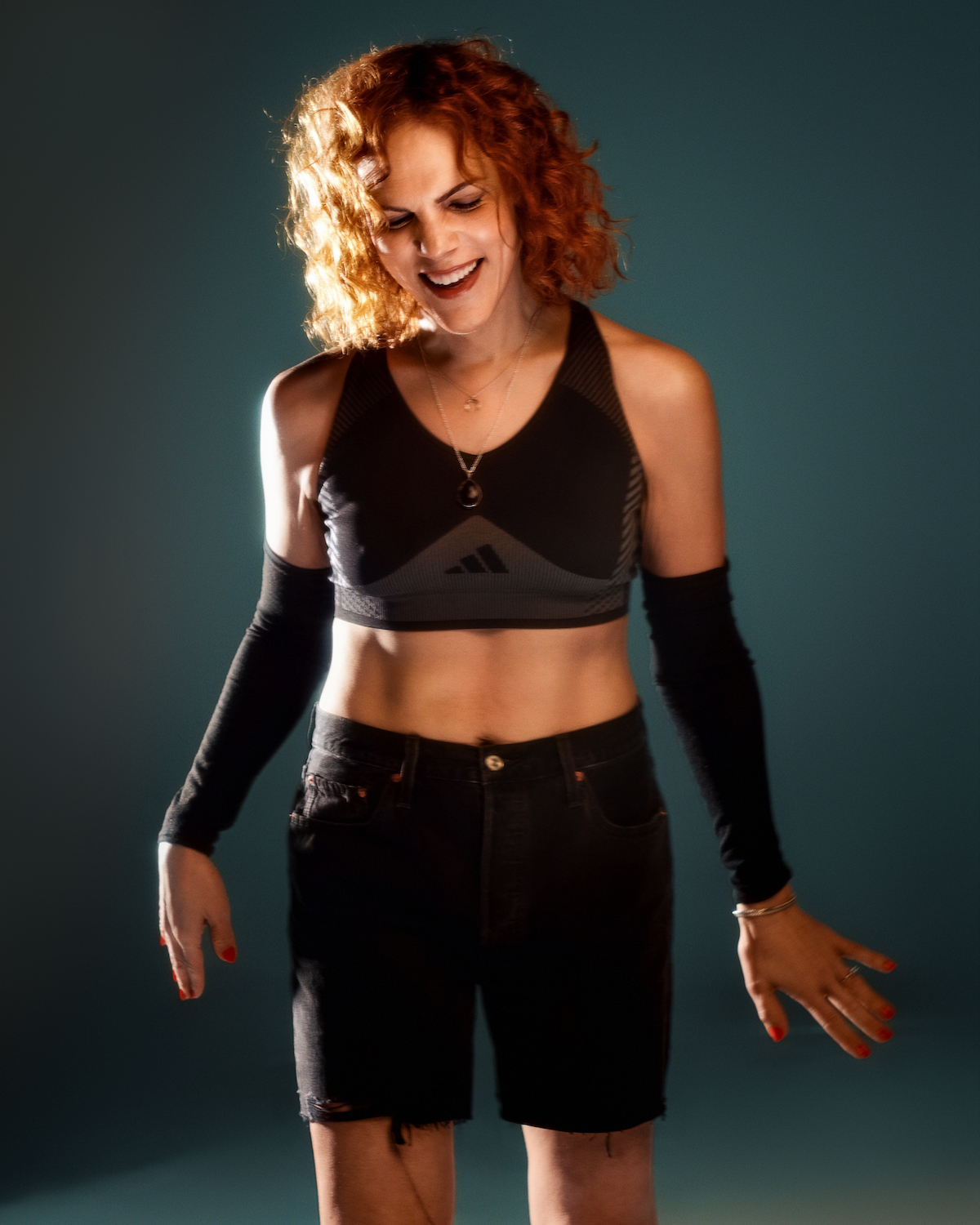December 10, 1988
- STAYED AT #1:2 Weeks
In The Number Ones, I'm reviewing every single #1 single in the history of the Billboard Hot 100, starting with the chart's beginning, in 1958, and working my way up into the present.
Chicago started racking up hits as far back as 1970, but the band only had two chart-toppers in their first two decades of existence. Both of them were big, weepy power ballads, and both were sung by the same guy. Toothy bassist Peter Cetera wrote 1976's "If You Leave Me Now," and he co-wrote 1982's "Hard To Say I'm Sorry" with producer David Foster. Cetera sang both of them. As soon as "If You Leave Me Now" landed, Chicago's label started telling the band that they wanted more songs like that, which pissed off the non-Cetera guys in the group. In 1985, Cetera suggested a Phil Collins/Genesis situation; he'd devote half his time to his solo career and half his time to Chicago. For the rest of the band, this was a non-starter, and Peter Cetera was informed that his services were no longer needed.
At first, Peter Cetera thrived without Chicago. Immediately after kicking off his solo career, Cetera banged out two #1 hits, the Karate Kid Part II ballad "Glory Of Love" and the Amy Grant duet "The Next Time I Fall." Chicago remained popular, but it took them a while to match Cetera's solo success. Late in 1988, after Cetera's solo career had already begun to cool off, Chicago returned to #1 one last time, bringing in an outside songwriter for a deeply generic power ballad that sounded a whole lot like a Peter Cetera song.
By 1988, Diane Warren had already established herself as a songwriter who could give a hit to just about anyone. Starting in the early '80s, Warren wrote hits for people like Laura Branigan and DeBarge, and she landed her first #1 in 1987 with Starship's "Nothing's Gonna Stop Us Now." That same year, people like Heart and Belinda Carlisle also had hits with Diane Warren songs. (Heart's "Who Will You Run To" peaked at #7. It's a 7. Belinda Carlisle's "I Get Weak" peaked at #2. It's a 6.)
Warren understood how to write something that would pop on the radio. She also had such a Juggernaut-strong songwriting voice that she could basically smash through the walls between radio formats. Rock groups and adult-contempo balladeers and recovering new wavers and R&B softies could sing Diane Warren songs, and those songs would all come out sounding like Diane Warren songs. She had the touch.
Warren has said that she wrote "Look Away" about a friend who worked in her office building. That friend had been through a divorce, and she and her husband remained friends. One day, Warren's friend told her ex that she was about to marry someone else, and he didn't take it well. In Fred Bronson's Billboard Book Of Number 1 Hits, Warren tells the story: "Even though they were still friends, I think on some level he thought they'd get back together. When she told him that it was really the end of the relationship, I thought, 'Wow, there's definitely a song here.'" (The way Warren tells the story, it sounds like she was in the room for this conversation, which just sounds extraordinarily uncomfortable.) Anyway, Warren wrote that song, and that song was "Look Away."
"Look Away" wasn't written with Chicago in mind. It could've gone to anyone. Cheap Trick drummer Bun E. Carlos once said that Cheap Trick's label bosses offered them a choice of two power ballads; the band had to record one. One of those songs was "The Flame," which became Cheap Trick's sole #1 hit, and the other was "Look Away." "Look Away" didn't sound much like a Cheap Trick song, and it didn't sound much like a Chicago song, either. It sounded like a triumphal, overwhelming late-'80s power ballad, which is to say that it sounded like a Diane Warren song. But it ended up going to Chicago.
Chicago weren't exactly struggling after Peter Cetera's departure. In 1986, the band worked with David Foster on their Chicago 18 album. (Foster was Switzerland in the Cetera/Chicago war; he worked with both of them.) Replacement bassist Jason Scheff sang lead on the single "Will You Still Love Me?," which Foster co-wrote with a couple of outside songwriters. That song made it up to #3. (It's a 3.)
For their next album, 1988's Chicago 19, the band got together with Ron Nevison, the producer who'd been partially responsible for Heart's late-career chart-toppers "These Dreams" and "Alone." Keyboardist Bill Champlin had joined Chicago in 1981, but he hadn't sung lead on a Chicago single before "I Don't Wanna Live Without Your Love," the first single from Chicago 19. That one was another Diane Warren joint; she co-wrote it with regular collaborator Albert Hammond. "I Don't Wanna Live Without Your Love" was another adult-contempo hit, and it peaked at #3 on the Hot 100. (It's a 4.)
Bill Champlin also sang lead on "Look Away," though I don't think his voice was especially well-suited to it. There's a slight rasp in Champlin's voice, a vague sort of gruffness, which isn't entirely unappealing. But when it comes time to belt out the massive skyscraper-scaling chorus, Champlin doesn't sound quite strong enough to carry it himself. That leaves the arrangement doing a whole lot of the work. When the first chorus kicks in, we get massed backup vocals and power chords and glassy synth-riffs, and you can hear those things covering for what Champlin can't quite do himself. I have to wonder what might've happened if Cheap Trick's Robin Zander had been the one to sing "Look Away" -- or, for that matter, if Peter Cetera had sung it. I don't even like Cetera's voice, but he would've murdered that hook.
If you heard "Look Away" on 1988 radio, there would've been very little to let you know that it was a Chicago song. For one thing, "Look Away" has no horns. For another, Bill Champlin's voice would've been relatively new to the public. The production, the arrangement, the vocal delivery -- it's all supremely '80s power-ballad shit. Chicago's previous #1 hit had also been a supremely '80s power ballad. Other tracks from Chicago 19 seem to have at least some tertiary connection to the Chicago of the '70s, but "Look Away" is the band just going for it, giving the radio what it wants. That's fine with me. I like '80s power balladry better than I like Chicago sounding like Chicago.
At its core, "Look Away" is a very solid song. When Champlin's narrator hears that his ex has found someone else, he tries to put on a brave front. He says he's happy for this other person, but he knows he's lying: "I just never thought that I would be replaced so soon/ I wasn't prepared to hear those words from you." The narrator accepts the news, but he lets the emotion come flooding in once that huge chorus hits: "If you seem my walking by/ And the tears are in my eye/ Look away, baby, look away." He's saying that he's fine, and he's also saying that he is most assuredly not fine. The not-fine part is a whole lot louder, especially once that late key change kicks in.
"Look Away" is a song built for '80s-style production, and you can hear that even in the video of Diane Warren singing it herself at a National Academy Of Songwriters event in 1988. But in her performance, Warren -- who really isn't that much of a stronger singer than Bill Champlin -- manages to summon a whole lot more intensity.
Chicago's version doesn't hit as hard. Its sickly keyboard sound is a problem. Champlin's voice is a problem. The big chorus and the key change still land, but this could really be anyone singing. Chicago just aren't capable of turning "Look Away" into anything other than an average song. Maybe that's why the video does so much work.
The "Look Away" video is ridiculous. A series of beautiful women dressed up in extremely '80s ways get into predicaments that leave them running around in public in leotards and negligées. One of them gets her dress caught in a car door and ripped off. Another gets splashed by an open fire hydrant. Still another calmly lights a crashed car on fire and then struts away as it explodes. I don't know why that last lady had to be wearing underwear, but that's what she's doing. (IMDB says that one of those women is Brenda K. Starr, whose highest-charting single, 1988's "I Still Believe," peaked at #13.) The members of Chicago only show up for the last chorus, when it become clear that the male-model guy in the video is not the one singing the song. For that matter, the city of Chicago doesn't appear in the video at all; it all takes place, for whatever reason, in New York. The video makes no narrative sense whatsoever, but someone was clearly invested in making sure that "Look Away" would get play on MTV and VH1.
"Look Away" ended up being a huge hit. The song only topped the Hot 100 for two weeks, but Billboard eventually named "Look Away" the #1 single of 1989, even though it had fallen from the top by the time the year began. That must mean that radio programmers were just banging "Look Away" all year long. Chicago followed "Look Away" with "You're Not Alone," another song that Bill Champlin sang. That one peaked at #10. (It's a 4.) In 1989, Chicago got to #5 with a remixed version of the Chicago 19 track "What Kind Of Man Would I Be," released on one of the band's many greatest-hits collections. (That one is a 3.)
After "What Kind Of Man Would I Be," Chicago never returned to the top 10. The band's commercial fortunes declined in the '90s, and Reprise outright refused to release their 1993 album Stone Of Sisyphus; it didn't come out until 2008. Chicago are still going, though they've had a ton of turnover through the decades. The band fired Bill Champlin, the guy who sang lead on most of their late-period hits, in 2009. These days, the group's lead singer is someone who used to sing in a Chicago tribute act. Chicago won't appear in this column again, but Diane Warren will.
GRADE: 5/10
BONUS BEATS: In 2007, Bill Champlin released a very long and deeply grating acoustic version of "Look Away." It's probably not why he's not in Chicago anymore, but who knows? Here's that version:






